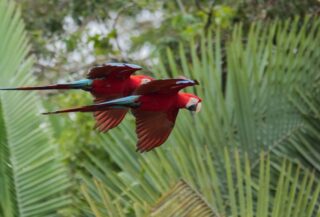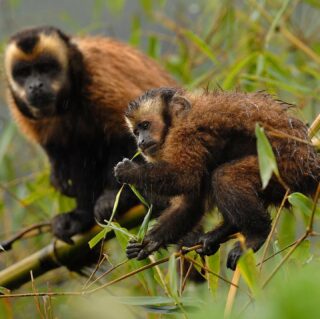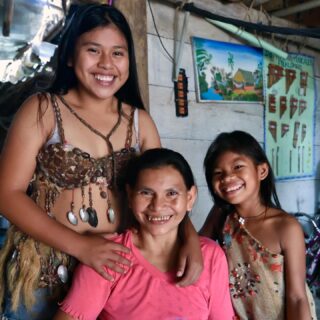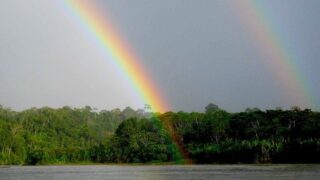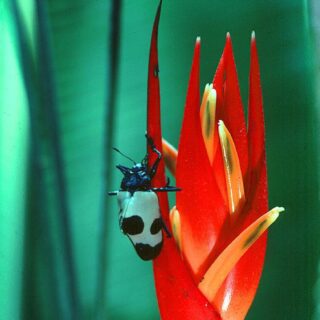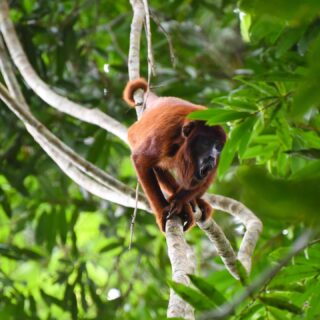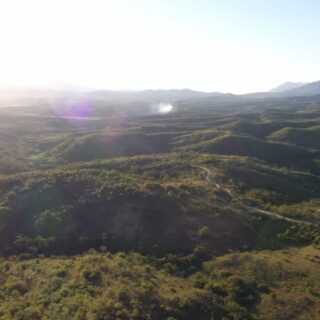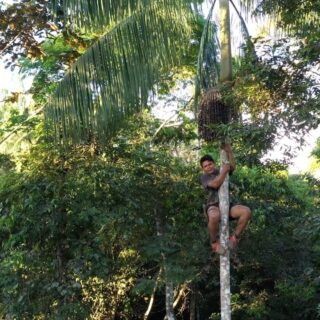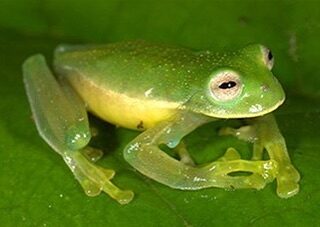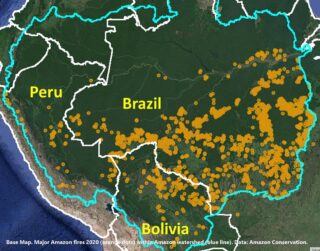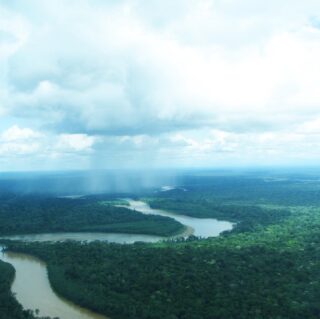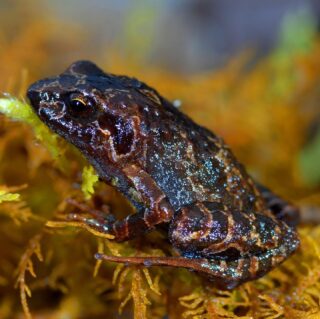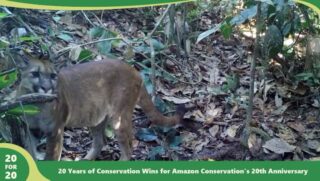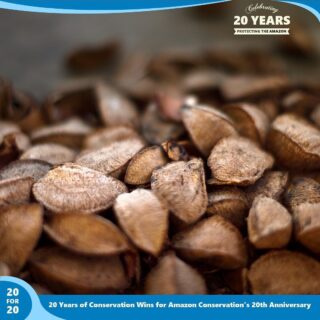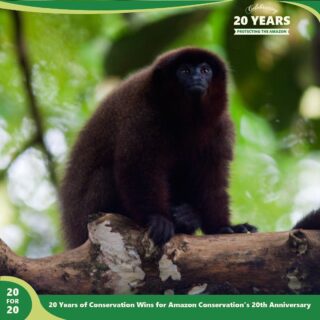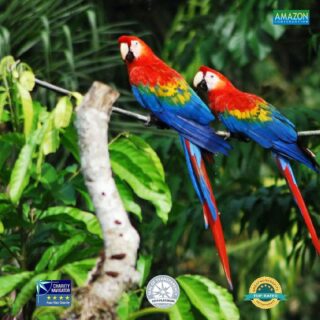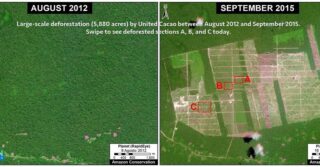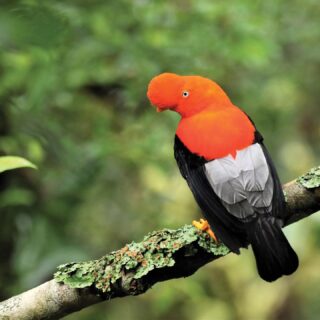Rescuing Endangered Cultures in the Andes-Amazon
November 21, 2011
Peru’s Andes-Amazon region’s rich biological diversity is matched only by its cultural diversity. In the case of two communities in southeastern Peru near Manu National Park, the lowland Wachiperi and the highland Q’eros, Amazon  Conservation Association’s conservation programs are complemented by the work of ethnomusicologist Dr. Holly Wissler, who is partnering with the communities to preserve their cultures through music. We are pleased to invite all our friends and supporters in the Washington, DC area on November 14th and 15th to two talks by Dr. Wissler to learn more about this project; please see the end of this email for details.
Conservation Association’s conservation programs are complemented by the work of ethnomusicologist Dr. Holly Wissler, who is partnering with the communities to preserve their cultures through music. We are pleased to invite all our friends and supporters in the Washington, DC area on November 14th and 15th to two talks by Dr. Wissler to learn more about this project; please see the end of this email for details.
The Haramba Queros Wachiperi is a community located in the Andes foothills. In June 2008 the Wachiperi became the first indigenous group in Peru to manage a conservation concession. The Haramba Queros Wachiperi Ecological Rerserve, created with ACA’s assistance, protects 17,238 acres of rainforest.
Until recently, these stewards of Amazonian forests were disappearing. The Wachiperi lost a large portion of its members during the forced enslavement of the rubber boom in the early 20th century and during a 1948 small pox epidemic. Only 57 Wachiperi remain today. Of those remaining, barely half speak or understand their native language and only about ten members have retained their musical heritage.
Dr. Wissler’s project has helped the Wachiperi recover and relearn traditional songs, many of which focus heavily on the importance and beauty of the surrounding forest. In part due to this project and the new conservation concession, Wachiperi who had abandoned the community in search of work elsewhere are beginning to move back home.
This new project comes shortly after Dr. Wissler’s work with the Q’eros community in the Peruvian Andes. The Quechua Andean community of Q’eros, a self-sufficient indigenous group, is located in the high Andes (ranging from 6,000 to 15,000 feet above sea level) in the Cusco region. In 2007, Dr. Wissler produced a documentary, “From Grief and Joy We Sing,” about the musical rituals of the Q’eros. Dr. Wissler believes there is a strong past cultural connection and exchange between the Q’eros and Wachiperi due to their close geographical relation and their shared use of the Queros River (from which both of their names are derived).
 Over the next two years, Dr. Wissler will work to create an archive of Wachiperi songs and text. Much of the present archive is in existence thanks to the hard work of anthropologist Dr. Patricia Lyon, who recorded the songs of the Wachiperi community in 1964 and 1965. In addition to the archive, a website will be created and a two-disc CD set will be produced, making certain future generations will be able to hear their ancestors’ voices and learn the songs themselves. Watch a video about her project here.
Over the next two years, Dr. Wissler will work to create an archive of Wachiperi songs and text. Much of the present archive is in existence thanks to the hard work of anthropologist Dr. Patricia Lyon, who recorded the songs of the Wachiperi community in 1964 and 1965. In addition to the archive, a website will be created and a two-disc CD set will be produced, making certain future generations will be able to hear their ancestors’ voices and learn the songs themselves. Watch a video about her project here.
ACA’s and Dr. Wissler’s collaborative work with the Wachiperi community provides an inspiring example of how forest conservation and cultural preservation can go hand in hand. By helping the Wachiperi regain their cultural traditions, the project not only benefits community, but protects the Amazon’s cultural and biological diversity for all.

